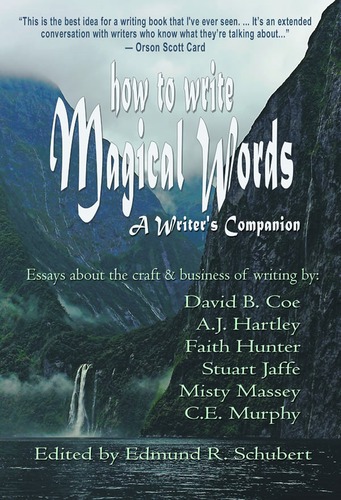GET A LIFE
 |
| 6-inch platforms, books, chair...still, I could barely reach the ceiling. |
Jennifer was an interior architecture major, and usually noted when she'd be in the studio (which was usually). I was usually in the coffeeshop, but kept a running word-count for my book. Occasionally, people would comment on the word-count, though usually it was just how I kept myself honest with progress.
Then one day, after a particularly productive weekend, someone wrote "Get a life!" on the board, with an arrow pointing to my word-count.
I didn't take it seriously, of course, but "getting a life" did halt me in my writing progress somewhat, and probably in a good way. I was making new friends, getting involved in different activities, riding my bike to the park on campus, and spending more time talking at the coffeeshop than writing. The girls across the hall and I had costume tea parties in the middle of the hall. I got second-place in Dormitory Survivor. I completed my Undergraduate Honors.
It was a great time for me, socially, but my relative progress on word-count suffered.
I wrote a lot that year, but it wasn't always on The Mark of Flight. I wrote a lot for school (both fiction and schoolwork), was heavily involved in an online RP forum, and wrote quite a bit of fanfiction. It wasn't until the following summer that I actually made real progress.
THE PRINCESS IN THE TOWER
 |
| Rural, but comfy! |
I knew no one.
It felt a lot like I was the princess in the tower, stuck without a way to get back to everything that was familiar. Occasionally, my knight in shining armor (read: Adryn) would come rescue me from isolation, but not quite often enough to keep me sane. Also, my trusty Gateway desktop was dying a slow and terrible death, and I wanted something more portable, so that I could take it with me to the coffeeshop. I managed to get a job as a server at a local sports bar, where I wore cheerleading shorts and wasn't allowed to write anything down. I was 19, which meant I also didn't know the first thing about alcohol.
Imagine my surprise the first time some guy asked me for a blow job in front of his date. Pro tip: it's a type of shot.
So, because of my bad memory and relative lack of expertise, I was relegated to the afternoon shifts. This meant I made crappy tips...but I had a lot of time to write. At first I wrote on napkins. I have about three chapters (original chapters 9, 10, and 11) all written out on napkins, receipts, and tiny note-pads.
 |
| Photographic evidence! |
By the time the summer was over, I had a new laptop, 75,000-ish words, and a healing cut near my ear from where a drunken Good Ol' Boy chucked his shot-glass into my full bus bin from about 10 feet away.
Awesome aim, to be sure. Awesome judgement? Not so much. It shattered a martini glass, which flew up and cut my face. Small town - no one got in trouble.
THE WORD-COUNT WAGER
Sophomore year went much the same as my freshman year, except I didn't manage to take the writing workshop classes. After a disastrous attempt to double major in music and English, I had a lot of credits to make up for. My GPA was limping off the honor-roll, which irritated the crap out of me. Also, I had to take a math class (just shoot me).
Some time the previous year, I had bowed to the undeniable fact that the single-book-of-epic-proportions I had at first envisioned was going to need splitting up. I'd immediately decided on a duology, but after a few more months, I was slowly beginning to understand my own ratio of plot-point to word-count. Two books wasn't going to be enough; I was going to have to write a trilogy.
Luckily, there were natural breaks in the story arc for three books...and one of them wasn't too far off. Maybe it was suddenly, maybe it was totally by accident, and maybe it didn't really count in my head...but I was really close to finishing a book.
That's when Skrybbi made me a deal: if I could finish the first book of what I was now calling The Markmasters Trilogy by the end of the summer, she'd buy me Indian food. If I couldn't, I'd treat her.
So I drove myself toward the end of my book. For the first time, I didn't let myself look back, I didn't let myself edit. I didn't let myself post the chapters onto the online forum and then sit there, not writing another word until I got a response. I wrote like a madwoman, and by the end of summer, I wrote the last line:
"The
last thing Shiro saw when he glanced over his shoulder was the painting of the
Apprentice, whose green eyes followed him until the great maw snapped shut,
closing him into darkness."
Then I got my Indian food.

















